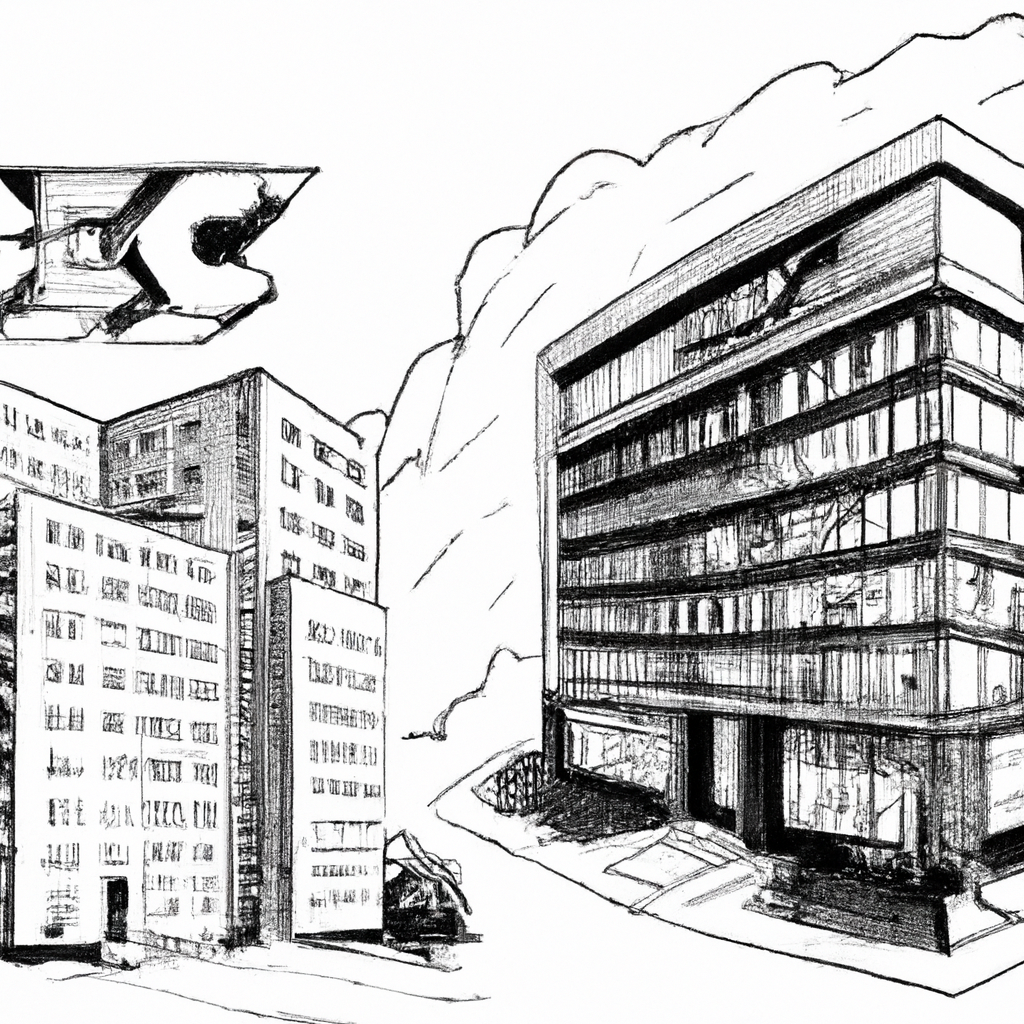Supporters claim that it’s more than just a currency – Ethereum, with its blockchain technology, can be also it’s the backbone of decentralised applications (or dApps). This ability of Ethereum has opened up a world of opportunities in many sectors. Healthcare specifically could benefit mutliple areas if Ethereum comes to the fore, including an elevated sense of data security between patients and doctors, ensuring that medical services are more patient-oriented and reducing expenditure for both the government and citizens. This article will take a look at how Ethereum could transform healthcare by improving data security, patient care and streamlining medical services.
Enhancing Data Security and Privacy
One major problem in the healthcare sector is the protection of patient data, since it is essential to record every interaction between a patient and a medical professional. Ethereum’s use of blockchain, and the associated distributed network, is a perfect solution because all data registered on a blockchain is impossible to manipulate, and thus offers maximum protection. As every transaction is stored on every computer within the network, it is very difficult for a hacker to break into the system. Beneficially, healthcare companies that implement Ethereum will be able to guarantee not only the protection of patient data but also real-time access to that data for employees authorised to work with it.
Streamlining Clinical Trials
Ethereum’s smart contracts could help to manage clinical trials more effectively. They could automatically execute themselves if certain conditions are met, without the need for human mediated oversight; for example, by recording patient consent, collecting data, or releasing funds. Everything that happens is recorded on a verifiable, immutable ledger, which builds up trust for all parties involved in the clinical trial.
Improving Supply Chain Management
Another important area of applications is for supply chain management, a topic of great significance in healthcare. For instance, the supply and distribution of relevant medication and other medical supplies are crucial for patient care. Unfortunately, the supply chain is often opaque to all parties involved. Utilising Ethereum, we can track the movement of these goods from manufacturers to end-users, while simultaneously verifying the authenticity of the drugs by ensuring the supply chain has the correct path and has no counterfeit drugs mixed in only through the internet and no other means. This works by verifying the path that the drugs take, where end-users can track the entire process on a public ledger. The end result is a supply chain that can be relied upon to ensure the highest standards of patient care.
Facilitating Secure and Efficient Payments
The Ethereum network can streamline payment processes for the healthcare industry by allowing direct peer-to-peer payments. This would reduce processing times from days or weeks to a few seconds, and remove the need for intermediaries, and therefore costs. Another way that Ethereum and smart contracts could be used in healthcare is to fully automate payment for services, so that, as long as prespecified criteria are met, private healthcare providers are paid as soon as they’ve carried out the service agreed. This could be especially useful for cross-border healthcare services, which are often paid with a delay or incur high transaction fees.
Enabling Health Data Exchange
Problems of interoperability and data exchange beset healthcare and not only would Ethereum allow everyone from hospitals and clinics to third-party providers to share data, but it could also allow them to do so with consent, empowering more informed clinical decision-making, more personalised treatment plans and, ultimately, better health outcomes for all. Every participant’s data is in their own hands and trackable at all times.
To close, it’s evident that Ethereum, with its capabilities to secure data, enable automated operations and facilitate interactions between stakeholders more efficiently, can revolutionise the healthcare industry. As the technology continues to advance, it will be intriguing to see how Ethereum will be embedded into healthcare infrastructures worldwide to tackle various problems and improve the provision of care as a whole.


